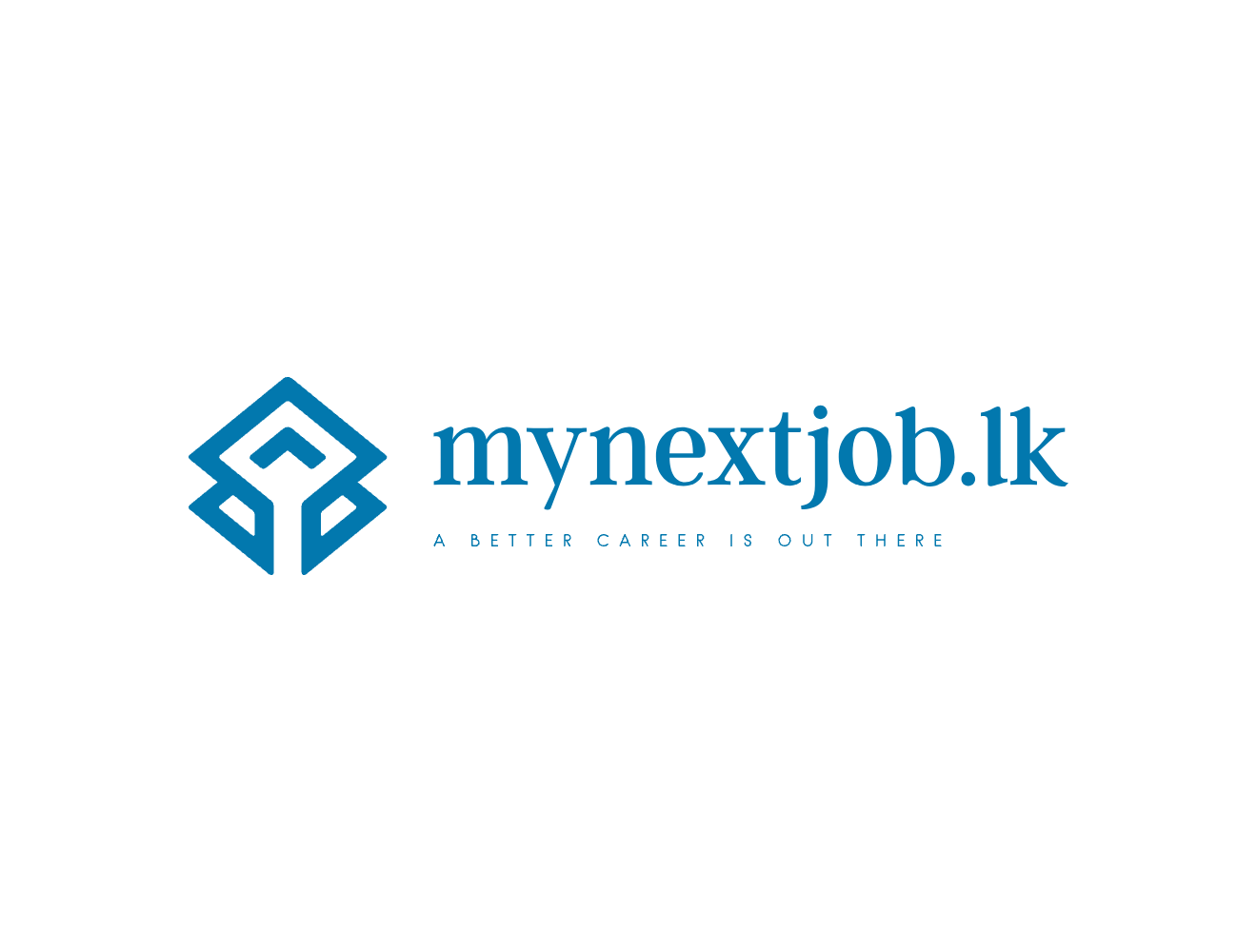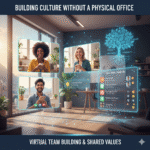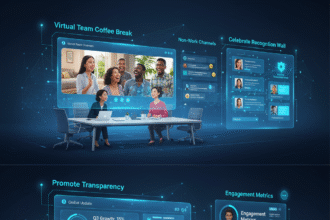You’ve honed your CV, landed the interview, and now the moment of truth arrives. The job interview is your opportunity to shine, to demonstrate not just your skills and experience, but your personality, potential, and genuine interest in the role. In today’s competitive landscape, simply answering questions isn’t enough; you need to stand out and succeed.
This in-depth guide from mynextjob.lk will equip you with effective interview preparation strategies, help you master common questions, guide your body language, and introduce you to powerful techniques like the STAR method to ensure you make a lasting impression. Consider these your ultimate job interview tips for securing your dream role in Sri Lanka or anywhere in the world.
1. The Foundation: Thorough Interview Preparation
Success in an interview is often a direct result of the effort you put into preparing beforehand. This goes beyond just knowing your CV.
Research the Company and Role
This is non-negotiable. Recruiters can tell immediately if you haven’t done your homework.
Company: Understand their mission, vision, values, recent news, products/services, and market position. Look at their website, social media, and any news articles. What projects are they excited about?
Role: Read the job description thoroughly. Highlight key responsibilities, required skills, and desired qualifications. Think about how your experience directly addresses each point.
Know Your CV Inside Out
Be prepared to discuss every item on your CV in detail. Don’t just recite; elaborate with examples, challenges, and outcomes. If there’s a gap or a unique experience, have a concise and positive explanation ready.
Prepare Your Questions
An interview is a two-way street. Asking insightful questions demonstrates your engagement, critical thinking, and genuine interest. Prepare 3-5 questions that go beyond what you could find on their website.
Examples: “What does a typical day look like for someone in this role?” “What are the biggest challenges facing this team in the next 6-12 months?” “How does the company support professional development?”
2. Mastering Common Questions with Strategy
 Many interview questions are variations on a few core themes. By preparing your answers to these themes, you can handle almost anything an interviewer throws at you.
Many interview questions are variations on a few core themes. By preparing your answers to these themes, you can handle almost anything an interviewer throws at you.
“Tell Me About Yourself”
This isn’t a life story. It’s a professional summary that connects your past experience to the job at hand. Keep it concise, professional, and relevant. Start with your current role, briefly touch on a key past experience, and end by explaining why you are excited about this opportunity.
“Why Do You Want to Work Here?”
This question tests your research and genuine interest. Your answer should be specific. Mention something you admire about the company’s culture, a recent project, or how their mission aligns with your values. Avoid generic answers like “I’ve heard it’s a great company.”
“What Are Your Strengths and Weaknesses?”
For strengths, choose ones that are directly relevant to the job and back them up with a short example. For weaknesses, be honest but strategic. Choose a real weakness that isn’t a core requirement of the job, and, most importantly, explain what you are doing to improve it.
3. The Secret Weapon: The STAR Method
 The STAR method is a structured way of answering behavioral questions—those that begin with “Tell me about a time when you…” or “Give me an example of…” It forces you to tell a compelling story with a clear beginning, middle, and end.
The STAR method is a structured way of answering behavioral questions—those that begin with “Tell me about a time when you…” or “Give me an example of…” It forces you to tell a compelling story with a clear beginning, middle, and end.
S – Situation: Describe the context of the situation. Set the scene and provide necessary details.
T – Task: Explain what your specific role or goal was within that situation.
A – Action: Describe the specific actions you took to address the task. Be detailed and use “I” statements to own your contributions.
R – Result: Share the outcome of your actions. This is your chance to shine. Use quantifiable results whenever possible (e.g., “I streamlined the process, which led to a 15% increase in efficiency”).
4. Body Language and Professionalism
What you say is only half the battle. Your non-verbal communication speaks volumes about your confidence, professionalism, and enthusiasm.
- Firm Handshake: A firm, confident handshake (if applicable and appropriate for the cultural context) sets a positive tone.
- Eye Contact: Maintain steady but not aggressive eye contact with the interviewer. This shows confidence and honesty.
- Posture: Sit up straight and lean slightly forward. This shows engagement and interest. Avoid slouching or fidgeting, which can signal nervousness or disinterest.
- Smile: A genuine smile can make you seem more approachable and confident.
- Dress Code: Dress professionally and appropriately for the company’s culture. When in doubt, it’s always better to be slightly overdressed than underdressed.
5. The Grand Finale: Following Up
The interview doesn’t end when you leave the room. A professional follow-up can reinforce your interest and leave a lasting positive impression.
Thank-You Email: Send a brief, personalized thank-you email to each interviewer within 24 hours. Reiterate your appreciation for their time, mention something specific you discussed to show you were listening, and briefly restate your enthusiasm for the role.
Patience: Follow up as promised or when the stated deadline for a response has passed. Avoid bombarding them with calls or emails.
Conclusion
Acing an interview is a skill that can be developed and perfected with practice. By investing time in thorough interview preparation, mastering your answers to common questions using frameworks like the STAR method, paying close attention to your body language, and following up professionally, you can set yourself apart from the competition. Remember, the goal is not to be perfect, but to be your best, most prepared, and most confident self. With these job interview tips, you are ready to stand out and succeed.











